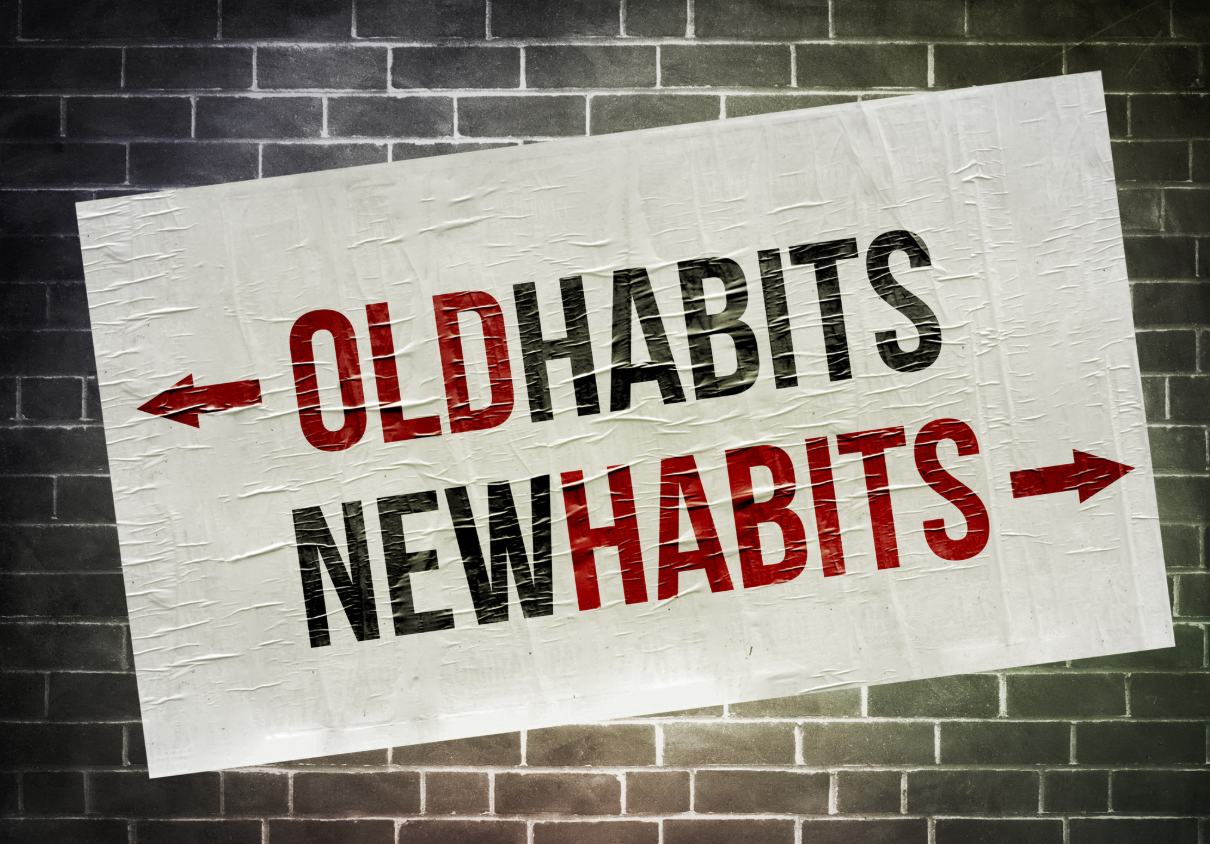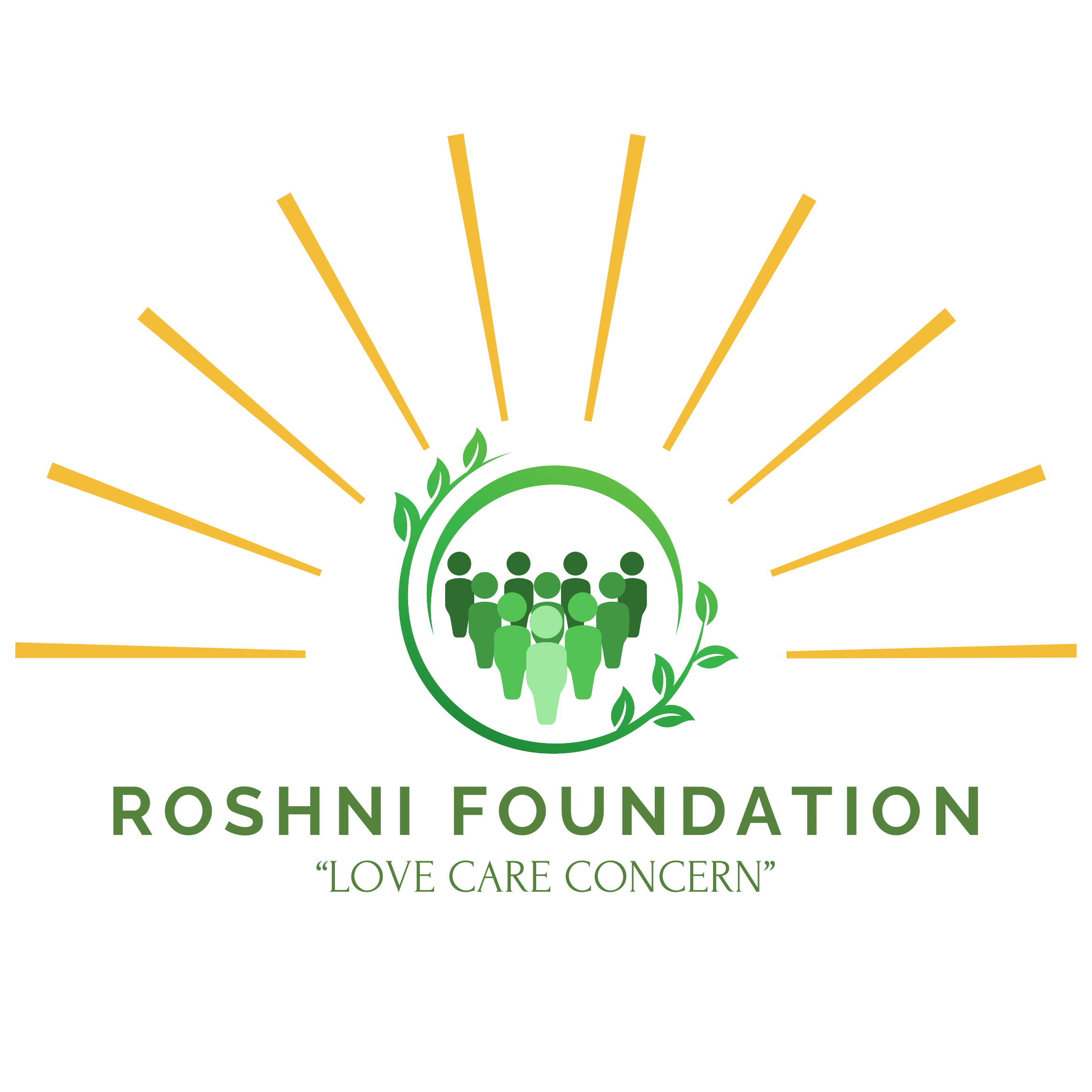Alcohol addiction can silently take control over a person’s life, affecting relationships, health, work, and emotional well-being. For many, recognizing the need for help is the hardest step. How to overcome alcohol addiction is not just a medical concern—it’s a deeply personal journey that involves physical, emotional, social, and psychological transformation. Healing from alcohol use disorder requires a structured plan, compassionate support, and the courage to begin.
At Roshni Foundation, we have worked with individuals from every walk of life who’ve struggled with alcohol addiction. Through our tailored recovery programs, we’ve seen the power of proper treatment and unwavering support. While how to overcome alcohol addiction may look different for each person, the foundational elements of success—medical care, therapy, self-awareness, and community—remain the same.
This complete guide will walk you through all critical phases of alcohol addiction recovery, from recognising the signs to choosing the right treatment methods. It includes insights on detoxification, behavioural therapies, coping strategies, and long-term relapse prevention. By embracing this roadmap, you can start your own journey toward lasting sobriety and a healthier life.
Recognising the Signs and Accepting the Problem
One of the first steps in how to overcome alcohol addiction is identifying whether alcohol use has crossed the line into addiction. Many people live in denial for years, convincing themselves that their drinking is manageable. But addiction creeps in slowly—what starts as occasional overdrinking becomes routine, and soon, the body and brain demand alcohol just to function.
Warning signs include:
-
Drinking more or longer than intended
-
Failed attempts to cut down
-
Neglecting responsibilities due to alcohol use
-
Increased tolerance and withdrawal symptoms
-
Using alcohol to cope with stress or emotions
Acceptance is a powerful beginning. It allows a person to stop hiding or justifying their behaviour and start seeking support. At Roshni Foundation, we offer confidential assessments and counselling to help individuals and their families understand the extent of the problem without judgment or shame.
Medical Detox: The First Step to Freedom
Once the decision is made to quit, the body must go through detoxification, the process of eliminating alcohol from the system. This is one of the most physically challenging parts of how to overcome alcohol addiction. Detox should never be attempted alone for moderate to severe cases due to the risk of life-threatening withdrawal symptoms like seizures, hallucinations, and heart complications.
Medical detox ensures safety and comfort by:
-
Monitoring vital signs continuously
-
Administering medications to ease withdrawal
-
Providing hydration and nutrition
-
Offering 24/7 emotional and physical support
Facilities like Roshni Foundation are equipped to handle detox under professional supervision, ensuring that clients begin their recovery safely. Once detox is complete, the real work of healing—addressing the mental and emotional roots of addiction—can begin.
Therapy and Counselling: Addressing the Mind Behind the Addiction
While detox treats the body, therapy treats the mind. One cannot truly grasp how to overcome alcohol addiction without addressing the psychological causes and consequences of alcohol dependence. This is where individual and group counselling play a critical role.
Common therapeutic approaches include:
-
Cognitive Behavioural Therapy (CBT): Helps rewire negative thinking patterns and develop healthier coping strategies.
-
Motivational Enhancement Therapy (MET): Strengthens internal motivation for change.
-
Dialectical Behaviour Therapy (DBT): Useful for emotional regulation and managing distress.
-
Family Therapy: Rebuilds trust and communication between the recovering individual and loved ones.
Therapy reveals the underlying trauma, grief, anxiety, or depression that may have led to alcohol use in the first place. At Roshni Foundation, our therapists work with clients to identify triggers, reshape habits, and build emotional resilience—empowering them with tools that last well beyond rehab.

Medication-Assisted Recovery: Supporting the Brain’s Healing
For many people, therapy alone isn’t enough how to overcome alcohol addiction. Medications can help reduce cravings, prevent relapse, and stabilise mood. These are typically prescribed as part of a broader recovery program.
Common medications include:
-
Disulfiram: Causes unpleasant reactions if alcohol is consumed, serving as a strong deterrent.
-
Naltrexone: Blocks the euphoric effects of alcohol, reducing cravings.
-
Acamprosate: Helps restore chemical balance in the brain after quitting alcohol.
These medications are safe when used under medical supervision and can significantly enhance the effectiveness of counselling and behavioural interventions how to overcome alcohol addiction. Combined, they support long-term sobriety by addressing both the mental and physical components of addiction.
You can learn more about FDA-approved treatments for alcohol use disorder through this external resource:
https://www.samhsa.gov/medication-assisted-treatment/medications-counseling-related-conditions/alcohol-use-disorder
Lifestyle Change: Rebuilding Your Daily Structure
Part of how to overcome alcohol addiction is transforming your daily life. Alcohol often dominates routines, from social gatherings to stress relief. When that crutch is removed, it creates a vacuum that must be filled with healthy alternatives.
A successful recovery includes establishing a consistent sleep and meal schedule, pursuing hobbies or passions that bring joy and distraction, joining support groups like AA or SMART Recovery, and redefining your social circle to include supportive, sober people.
Exercise and nutrition also play a critical role in recovery. Physical activity boosts endorphins, reduces anxiety, and improves sleep. How to overcome alcohol addiction by countering some of the withdrawal and post-acute withdrawal symptoms that can linger. A balanced diet restores nutritional deficiencies caused by chronic drinking, improving mood and energy. According to Harvard Health Publishing, regular exercise not only aids in physical healing but also strengthens commitment to sobriety.
At Roshni Foundation, we include physical fitness, meditation, and mindfulness exercises as core parts of treatment plans, helping clients build sustainable lifestyles that support their sobriety.

Managing Cravings and Avoiding Relapse
No guide on how to overcome alcohol addiction is complete without addressing relapse prevention. Cravings can strike unexpectedly—even months or years into sobriety. Learning to manage them is key to long-term success.
Cravings are usually triggered for how to overcome alcohol addiction
-
Emotional distress (anger, sadness, anxiety)
-
Environmental cues (seeing a bar, smelling alcohol)
-
Social pressure
-
Celebratory events
Coping strategies include:
-
Practicing “urge surfing”—acknowledging and riding out the craving like a wave
-
Reaching out to a support person or sponsor
-
Using grounding techniques like focusing on breath, surroundings, or sensory input
-
Journaling to express and process difficult emotions
Developing a solid relapse prevention plan with the help of a counselor ensures you’re not caught off guard. Every slip can be a learning experience, not a failure—what matters is the ability to get back on track.
Long-Term Aftercare and Community Support
Recovery is not a 30-day event—it’s a lifelong journey. Aftercare is vital in how to overcome alcohol addiction because it provides continuity and accountability. Structured aftercare may include weekly therapy sessions, continued medication support, sober living environments, and alumni programs.
Community matters too. Support groups reduce isolation and remind individuals they are not alone in their struggles. Sharing stories, offering encouragement, and witnessing others’ progress can provide strength during low points.
At Roshni Foundation, we offer ongoing aftercare planning, relapse prevention training, and family integration programs that support our clients even after they leave inpatient care.
Conclusion
Understanding how to overcome alcohol addiction involves more than just quitting drinking—it requires confronting the deeper issues that drove the behaviour, replacing harmful patterns, and committing to long-term personal growth. With professional support, evidence-based treatment, and a willingness to change, anyone can break free from alcohol’s grip.
If you or a loved one is seeking compassionate, effective care, the best de-addiction centre in Dehradun, Roshni Foundation, provides customised recovery programs rooted in science and empathy. We believe in your capacity to heal, and we’re here to walk every step of the journey with you.

